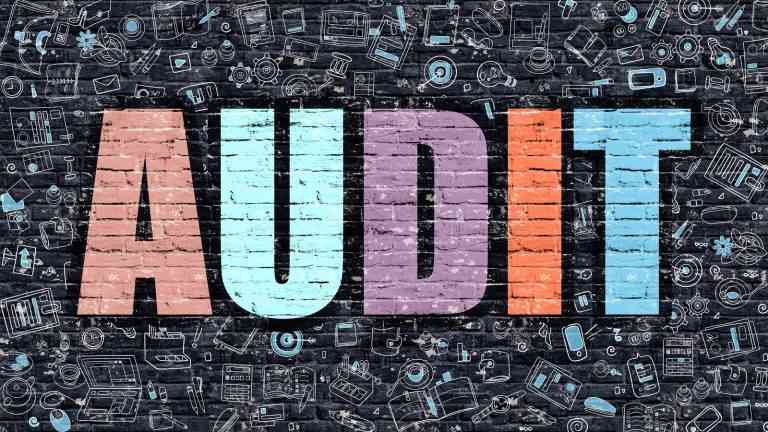
If your enterprise is a service provider that handles customer data, it should have a System and Organization Controls for Service Organizations 2 (SOC 2) report attesting to its SOC 2 compliance. If you outsource work, your sub-contractors should be SOC 2 compliant, as well.
Developed by the American Institute of Certified Public Accountants (AICPA) in response to growing concerns over data privacy and security, the SOC 2 audit applies to all service providers that process and store customer data. Auditors use AICPA’s Statement on Standards for Attestation Engagements No. 18 (SSAE 18), which emphasizes data security, as a framework.
SOC reports demonstrate your organization’s commitment to protecting the privacy and security of customer and client information—increasingly important in our connected digital age.
What are the different types of SOC reports?
There are three main types of Service Organization Control (SOC) reports:
- SOC 1: Reports on a SaaS organization’s internal controls that may impact user entities’ Internal Control over Financial Reporting (ICFR). SOC 1 reports focus strictly on financial controls and are intended for auditors assessing cybersecurity risk management programs relevant to user entities’ financial statements.
- SOC 2: Reports on operations-related controls, compliance, information security, availability, processing integrity, privacy, and confidentiality. SOC 2 audits based on AICPA’s Trust Services Criteria are more relevant for SaaS providers storing sensitive data in the cloud. They cover security controls beyond finances to validate cybersecurity across business processes.
- SOC 3: Provides the same level of assurance as a SOC 2 report, but the detailed SOC examination results are not disclosed. Only a certification of compliance or attestation opinion is provided by third-party auditors.
What is the benefit of obtaining a SOC report?
Obtaining an independent SOC audit report provides valuable third-party validation and assurance for organizations handling sensitive data, including:
- Demonstrates security controls: Completing SOC examinations validates that a service organization has the necessary internal controls and cybersecurity safeguards around the financial, operational, or customer data it manages.
- Highlights commitment: Investing in a positive SOC attestation shows stakeholders, clients, and prospects that data security is a priority and controls are operating effectively.
- Meets compliance goals: Adhering to SOC standards helps satisfy various regulatory, contractual, and internal governance obligations related to risk management.
- Enhances trust: SOC reports reassure management, customers, and partners that policies, systems, and processes safeguard confidentiality, integrity, and availability of sensitive information.
How often are SOC reports needed?
To maintain SOC compliance, whether SOC 1, SOC 2, or SOC 3, qualified third-party auditors must re-examine the effectiveness of controls over financial reporting or security policies over some time. SOC reports, and opinions confirming the operating effectiveness of controls are required at minimum on an annual calendar year basis.
Regularly updated Type 2 SOC attestations assure user entities and stakeholders that the proper governance controls defined under AICPA criteria still function effectively within the organization’s system and control environment. Conducting ongoing readiness assessments enables SaaS providers to stay current with the latest SOC frameworks for supply chain risk management.
Key differences between the SOC report types
SOC 1
SOC 1 reports focus strictly on Internal Controls over Financial Reporting (ICFR). They are intended for CPAs assessing cybersecurity risk relevant to user entities’ financial statements over a period of time. SOC 1-type assurances relate to the operating effectiveness of financial controls.
SOC 2
SOC 2 covers controls beyond finances like security, privacy, and processing integrity to protect confidential data stored by SaaS providers. SOC Type 2 report assures data centers have safeguards meeting ISO 27001 or SOC for cybersecurity.
SOC 3
While SOC 3 provides the same Type I auditor opinion on ICFR governance controls as SOC 2, detailed testing results are not disclosed. SOC 3 still reassures user entities that security controls are operating effectively.
Choosing the right type of SOC report for your business
Whether SOC 1, SOC 2, or SOC 3 is most suitable depends on factors like your role in handling sensitive client data, regulatory and contractual obligations, and whether you need to disclose audit processes and findings. Consulting experts can clarify the best options for your risk management strategy.
Maintain Your SOC Compliance with ZenGRC
Achieving initial SOC certification is essential, but maintaining long-term compliance is crucial for ensuring controls remain effective.
ZenGRC’s automated platform helps organizations manage SOC audits, integrate compliance processes, and generate on-demand reports to showcase credibility.
Schedule a demo today to see how ZenGRC provides visibility across all compliance areas while preparing you for next year’s audit.

